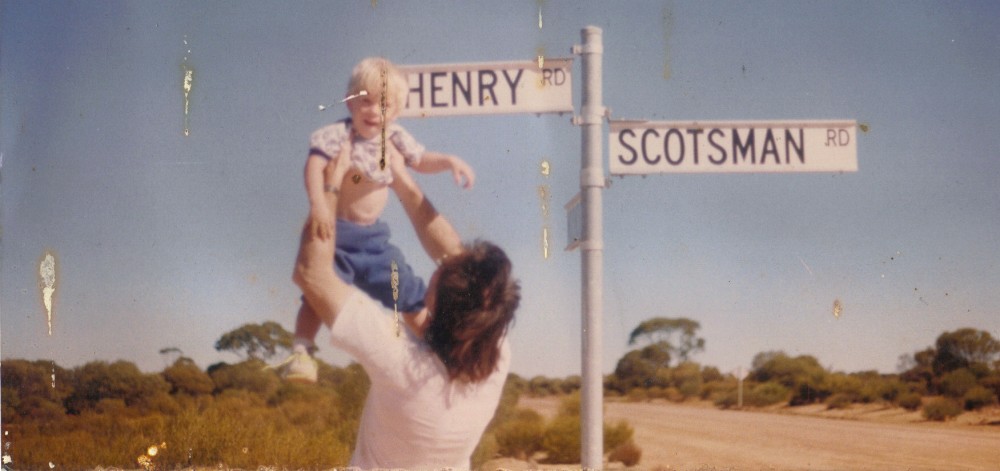For someone who likes adventuring in undiscovered domains, I’m not denying that songwriters aplenty are discovering and recovering in covers leastwise covert and rhymers have set timers on the reams they pervert.
I won’t show you samples because I don’t use them in my own songs. I’m strictly a lyricist.
I want to move on to another important feature of songs and songwriting: narrative. You’ve seen me refer to this more than once in the course of this course. I’ve said that you don’t need to write from narrative and I hold to that. You can write something so laden with other tricks and tracks that listener loses all hope – perhaps desire – for narrative.
At the same time, the appeal of a well written song that tells a story or sketches a character, is unbounded. Folk in the country with jazz hands and the soul of gospel and blues all tell stories, sometimes their own.
A narrative that is riveting crosses genres. “Old Dogs and Children and Watermelon Wine” by Tom T Hall is a case of a song that is distinctly a country song yet has an engaging narrative. ‘Only three damn things worth a solitary dime’
II
Folk songs, what do we mean when we speak of folk songs; Estonian folk songs? There’s a presumption or set of presumptions when examining just one genre for its narrative conventions and that seems a natural enough one to pick.
Let’s just note what folk we’re part of first. Folk songs can speak of place and of displacement, of loving and living and leaving. But the ones I can speak of often document natural disaster or social disruption; there’s a lot of raw bone recounting of events. Interspersed will be the Girl With The Black Velvet Band.
Folk aren’t on the dancefloor to hear about songs set on the dancefloor. There’s a message to impart; even if that’s “Don’t forget this one brave person and what they did”
III
A narrative is any account of a connection of events. This may be why you see it more in oral tradition and the kind of songs that spring from that. The repetition of words to effect, unless it coincides with a portrait or mini-story, is doing something else. That’s not to say that even the cut-up method doesn’t produce lyrics that look for all the world like narrative.
It does explain why so many conventional songs have the verse chorus verse structure. It’s a good template for narrative. You can have small part of the tale, dwelling upon a single feature, glimpsing just a certain facet in a verse then round on the general relevance in the chorus and move on to the next description of events.
I grow weary of theory
I’m past postulating for the nonce
It’s all academic
This note is the beginning of a song about a disenchanted professor [insert own interpretation] describing all the parts of his job he’s had enough of. Where you have a narrator, you have a narrative. It’s subtle since this may be a whinge fest where he or she does nothing but tell you why they hate their job. You knew that’s what they were doing when they started singing so what’s changed?
All the things are different. The layman may not know to ‘assay an essay’ ‘bring an assignment to refinement’ or ‘reap a retort from the returned report’ but the lecturer/tutor knows and they’re the one telling the story.
IV
Is the whole of ‘Wish You Were Here‘ a narrative? Some concept albums and musicals are prone to presenting a linear narrative where we are introduced to a character and eventually watch their triumph or demise. Concepts differing in kind to any need for narrative (one thinks of the plentiful supply of abstract concepts), I prefer to stick to the song level. Does narrative equate to song in its totality? Well it can and is often constructed that way. A fine exception is American Pie by Don McLean. There are two layers of narrative in this song. It’s ostensibly equating the event of the plane crash that took the lives of Buddy Holly, Richie Valens and the Big Bopper with ‘the day the music died’. More specifically, it speaks predominantly of Buddy Holly. But then there are a series of enigmatic verses that manage to both stay on point and engage in reverie.
Such an intriguing work must have engaged critics without pause. Let me jump past the narrator’s relationship with those three Men and move onto ‘and while the King was looking down/the Jester stole his thorny crown’. This is generally understood to be Elvis and Dylan; the latter taking the role of jester through his line about the joker and the thief, and from his rambling tall tales in song. This is fine but then the ‘thorny crown’ suggests another King. Surely the song isn’t asking us to bring Jesus into it? Too late, as he’s one those three men we skipped earlier.
